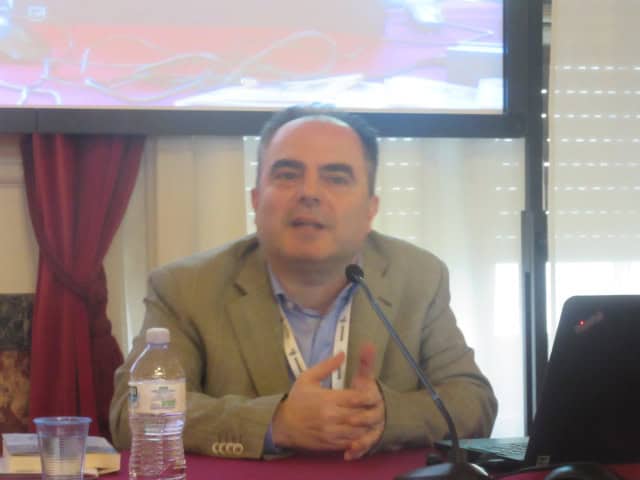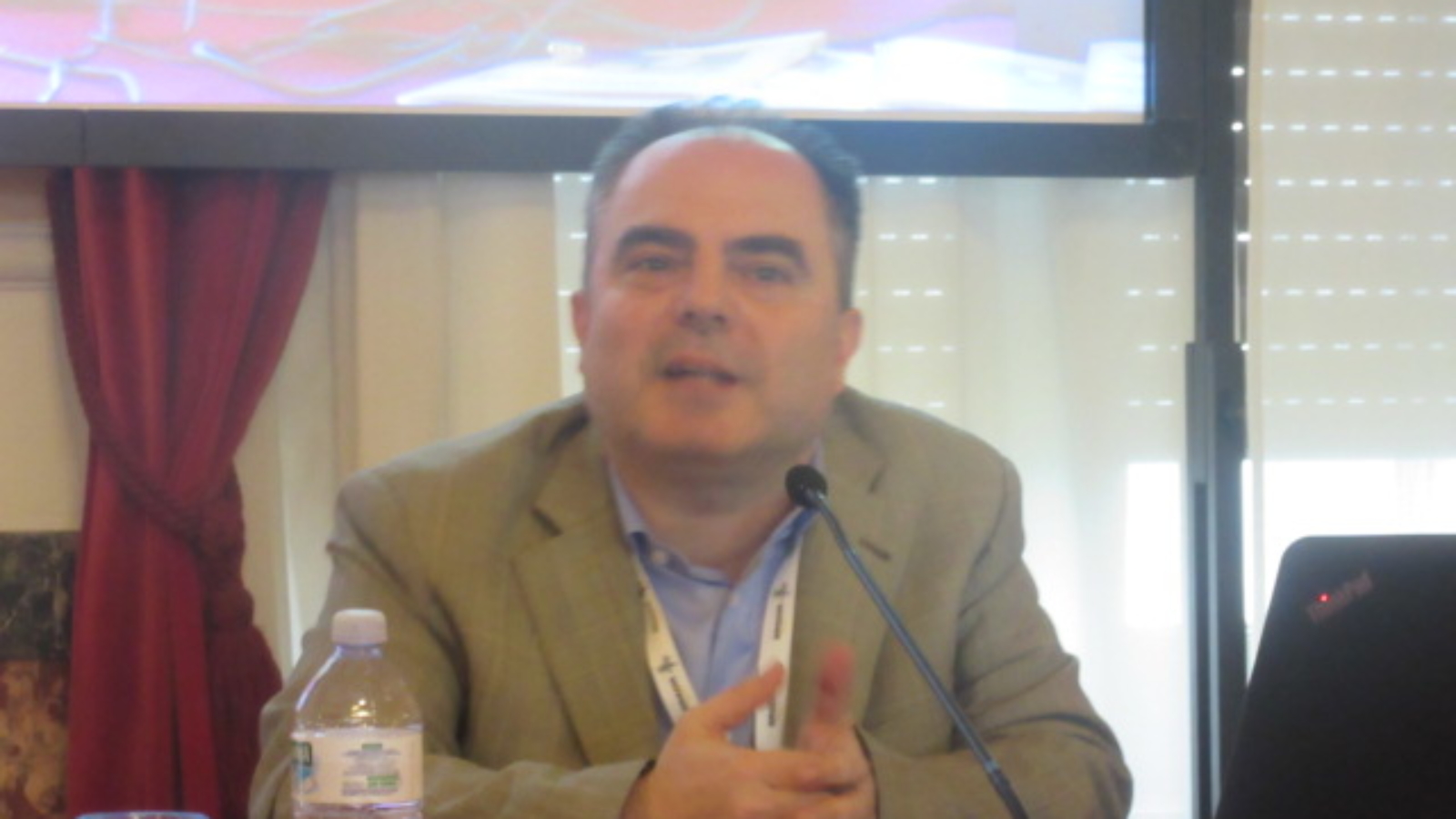“Revolting this northeastern people, bunch of ignorant donkey, I am northeast but do not let me mislead with these…”
“Vote for Dilma and after comes South to sell net!” “Êêê Tiririca, and you still say northeastern are not stupid! Is not only stupid but is also illiterate, dumb, ignorant. The only solution to our country is to drop a nuclear bomb and start from zero
Which are the limits of the online discussion?
Expressions of hatred, verbal violence and the different forms of discrimination – racial, political, interpersonal and homophobic – require laws to discipline what is ‘spoken’ or in technological era is more important radical protection of the digital ecosystem and the guarantee of a uninterrupted flor of thought, without politic and governmental intervention?

The Italian writer and lawyer Giovanni Ziccardi, in his book ‘L’odio online.
Violenza verbale e ossessioni in rete (without translated version), shows the risk that is taken in a democratic contest, in enforcing rules against a ‘hate speech’, in an emergency situation, to discipline other areas – terrorism, defamation – with the risk to open, at the same time, a gap to discretionaty dangerours powers and to an arbitrary control of the thought that circulates on the network.
Ziccarrdi is lawyer, journalist and advisor of Jurisprudencia Graduation, from University of Milan. Has founded and manages since 2000 the cientific magazine Ciberspazio e Diritti, which talks about the use of the internet and the legal framework.
“PREVENT, EDUCATE AND PUNISHMENT are the three words that many ague to star to confront the current situation”, he recommends. A partnership between governments, civil society representatives, maybe orders and international institutions would be ventilated as the only solution to try to reduce the proliferation of hate speech, especially online.”
He also allerts that there are a social consensus to hatred. He recalls Second World War that showed the world a new way of hate what made it reflect on the subject. “In almost the same situation, the fear now is the normalization of the aggression, in a super high level of tolerance in extreme expressions”.
Brazil
In the Brazilian online universe, the expressions of hatred had more space after presidential elections in 2014. Sice then, the situation has worsened not only in political commentary, but also in racist and homophobic opinions whitout any shame or concern.
Leandro Karnal
In a recent interview whit the historian, Unicamp teacher and commentator of Jornal da Cultura, Leandro Karnal, in the TV Show Roda Viva, in part of the chat section, one of the journalists asks about the issue of hate and asks “who hates who”.
Karnal answers: ” Came up in social media a post from an extremely right girl, not only conservative, the conservatism is a feature of most people. Came up a post of military intervention, of reduction of social rights. i ask you, they came up or always were there?
Or were a specie of sickness that we had controlled. It is possible, I would agree, but I keep the verb in the future tense is that I am not sure, internet has given voice to many figures from the shadows. There are many “Nosferatu” (vampires) that crawled like mites and molds and suddenly had the chance to pronunciate.
Our traditional is the violence of slavery and social violence. The internet only gave voice and turn, in a cheap, anonymous and collective way, to voices of the shadows that were much bigger, much older, much more solid (…)
Denominate the hatred is a little easier because all people in all groups who are confronting are hating each other. The hate is a kind of concept “portmanteau” (where one can put all what desire) because it allows me to not think of me. While I hate the Jew”s presence in German society, thanks to the poison of Nazi propaganda, I do not need to think about my incopetence in my econoic failure. I can assign it all to a group. (…)

